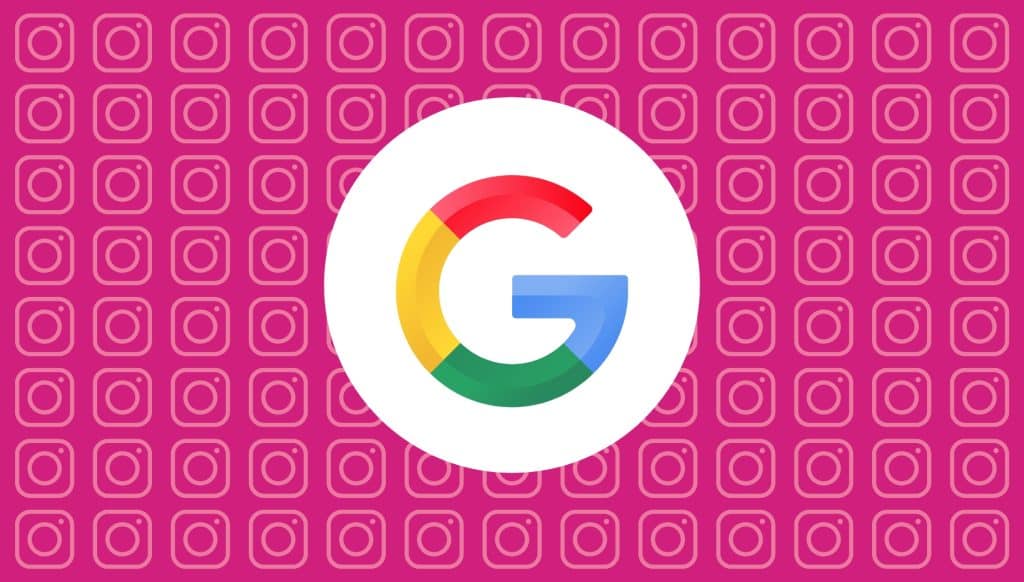Remember when Google was the go-to for finding anything online? Now? People are turning to social media platforms such as TikTok, Instagram, Reddit, and Pinterest when they want to find something. This movement is defined as social searching, and for marketers, it’s not just a trend; it’s a behavioural shift that requires marketers to rethink how their brands show up online.
So, What Is Social Search?
In simple terms, it’s using social media platforms the way we’ve traditionally used search engines. Instead of Googling “best ramen in Cape Town,” someone might search #RamenCapeTown on Instagram or TikTok and scroll through videos from real people sharing their opinion and the restaurant vibe.
Why? Because people want real-life recommendations. They want visuals, authenticity, and opinions they can relate to, not just product pages and polished ad copy. Social platforms have become the digital version of “asking a friend,” a space for discovery, and users are relying on them for everything from restaurant and beauty tips to travel ideas and trusted software providers.
What This Means for Marketers
If you’re still putting all your energy into ranking on Google but ignoring how your content performs socially, you’re missing a big piece of the puzzle. Here’s how social search changes the marketing playbook:
- Content is your new SEO.
If social platforms are becoming search engines, your content must both entertain and be discoverable, which means you have to create with intent. Treat captions, alt text, and file names like mini SEO fields by using natural, relevant keywords your audience would social search for, such as “student housing in London” or “hydration tips for marathon runners.”
These keywords aren’t just buzzwords; they help your content appear where it matters most. However, don’t completely forget about hashtags, as you can use them to be more like social search terms, but the focus is more on context-rich content that answers questions, solves problems, or inspires action. That’s what social searchers want and what the algorithm rewards. If you want to understand more about how keywords work, read The Power of Keywords: A Beginner’s Guide. - Authenticity beats perfection.
On social search, realness wins. People don’t want overly polished; they want helpful and human. Think honest product reviews, behind-the-scenes glimpses, user-generated content, and anything that speaks their language. Don’t believe me? See how Old Mutual embraced authenticity and spoke to matriculants on social media and the results they achieved in this case study.

Instagram Creates a New Discovery Path with Google
Here’s where things get really interesting: Instagram now allows search engines like Google to display public posts in search results.
This opens up a huge opportunity for marketers because now your content can show up both where people traditionally search (Google) and where they’re socially searching (Instagram). One piece of content. Two behaviours. Double the visibility.
What does this mean in practice?
- Your Instagram content is no longer locked into the app. If someone Googles your brand or product, your Instagram content might show up alongside your website and reviews.
- Strong, keyword-driven captions and relevant hashtags could help your content get picked up by both search engines.
- Optimising visuals for your Instagram posts for discovery (on both platforms) should be part of your content strategy moving forward.
- Whether someone’s typing their query into Google or Instagram’s search bar, your content can now meet them exactly where they are.
How Marketers Should Adapt to Social Searching
This shift calls for smarter, more search-friendly social strategies. Here’s your new checklist:
✅ Think like a searcher: What is your audience actually looking for? Create content that answers those questions.
✅ Use strong keywords in your captions and alt text, just like you would for a blog.
✅ Post with purpose: Tutorials, quick guides, product explainers, “how-to” videos, all of these perform well in social search.
✅ Double down on value: If your content isn’t helpful, insightful, or entertaining, it won’t rise to the top.
TL;DR (Too Long; Didn’t Read)
Social media and search are no longer separate spaces; they’re overlapping in real time. With Instagram content now appearing on Google, you have a golden opportunity to design content that leverages both search behaviours.
People want to discover. Not to be sold to. If your brand can show up with the right content at the right moment, whether someone is scrolling through Reels or Googling on their phone, you’ve already won half the battle.
The future of search is social, so if your SEO and social media strategies need to work better together, we’re here to help make that happen.






